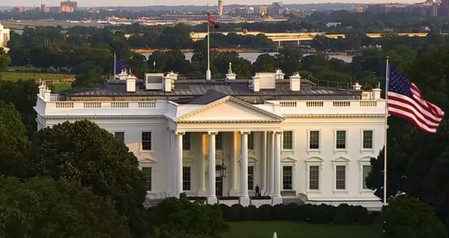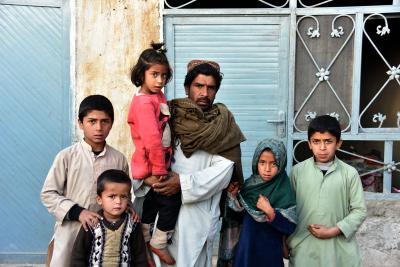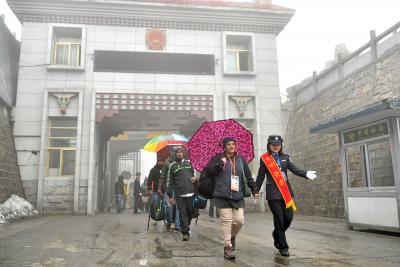
Rome, Aug 18 (IANS) Pakistan’s Army Chief General Asim Munir’s nuclear rhetoric delivered on US soil and the timing of designation of Balochistan Liberation Army (BLA) and its elite Majeed Brigade as Foreign Terrorist Organisations (FTOs) reinforces a broader reality that South Asia’s rivalries are not contained within the subcontinent,” a report stated on Monday.
During his recent visit to the US, Munir, while speaking at a gathering in Tampa, said that Pakistan would “wait for India to build a dam, and when they do so, we will destroy it.” India’s Ministry of External Affairs (MEA) slammed the Pakistani Army Chief over his remarks, terming them as “nuclear sabre-rattling” while underlining the longstanding doubts over the integrity of the country’s nuclear command and control where the military operates “hand-in-glove with terrorist groups.” India even expressed regret that such statements were made “from the soil of a friendly third country”.
Hours after Munir’s statement, the Trump administration designated the BLA and Majeed Brigade as FTOs, a move Pakistan had openly demanded.
“For India, the episode is a reminder that its deepening ties with Washington do not preclude tactical alignments between the US and Pakistan, particularly when counterterrorism is the entry point. It also comes at a moment when India–US relations are under strain,” Theodore White wrote in Rome-based Indo-Mediterranean Initiative CNKY.
The report titled ‘India Pushes Back as Pakistan’s Army Chief Tests the Boundaries in Washington’, emphasised that the impact of Washington targetting BLA extends beyond the India–Pakistan frame.
“The BLA has repeatedly attacked Chinese engineers and infrastructure linked to the China–Pakistan Economic Corridor (CPEC), the Belt and Road Initiative’s flagship project in South Asia. Targetting the group therefore serves Beijing’s security interests, even as US–China relations are locked in strategic rivalry — an irony not lost in either capital”.
The CNKY report highlighted that the Baloch insurgency also extends to Iran’s eastern frontier with Tehran facing the challenge from Sunni Baloch militants in Sistan and Baluchistan province. Weakening the BLA, it mentioned, indirectly backs objectives of Iran, adding another layer of geopolitical complexity in a region where interests of the US and Iran are different.
“South Asia’s rivalries are not contained within the subcontinent. They are refracted through the interests of multiple powers — the US, China, Iran — whose agendas overlap and collide in ways that can unsettle even the most carefully cultivated partnerships,” it stated further.
–IANS
akl/as




